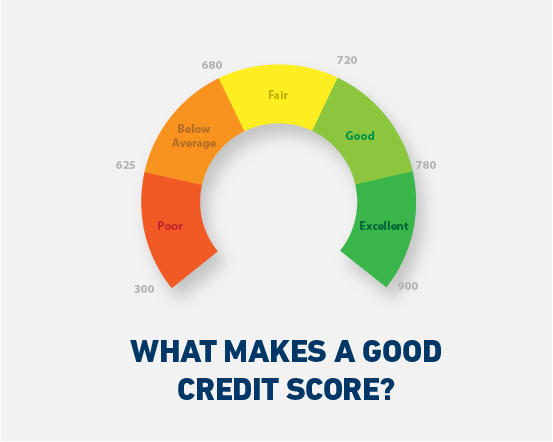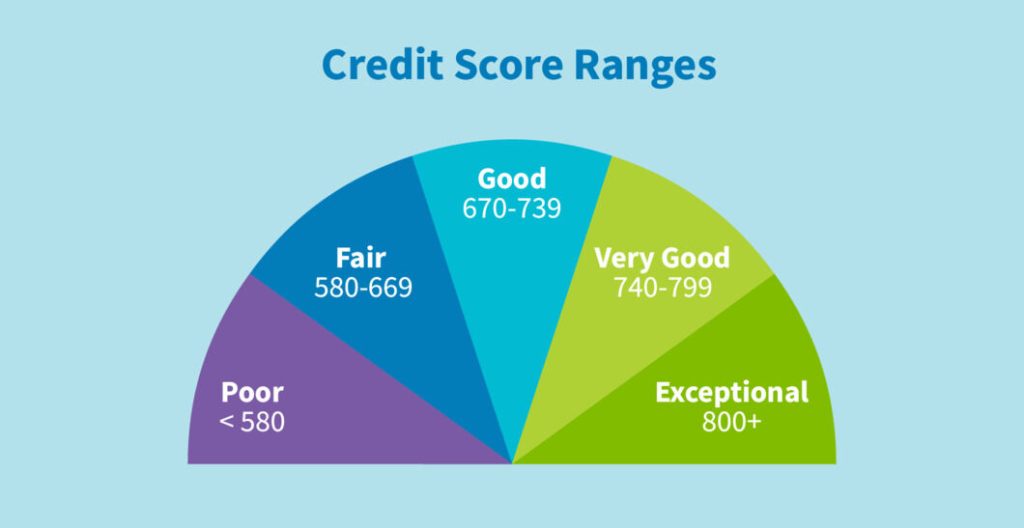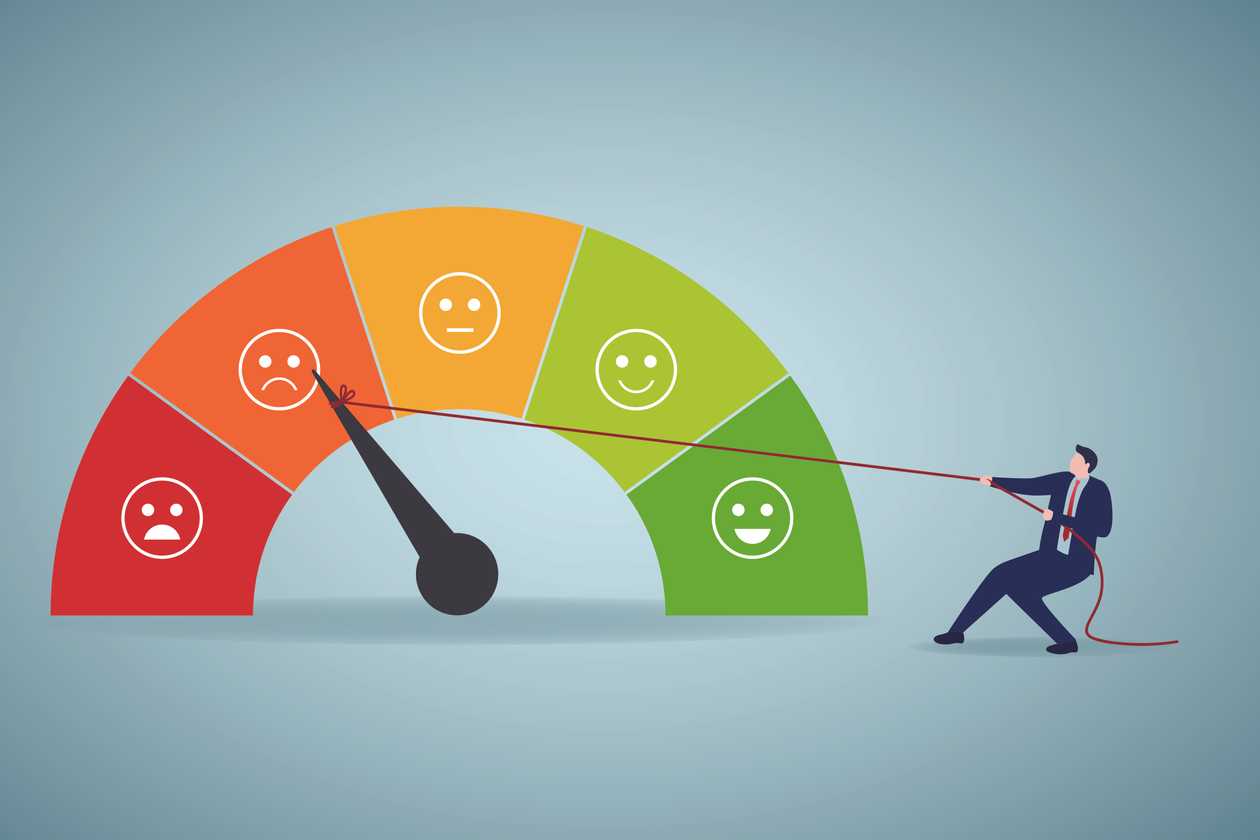When it comes to managing personal finances, one of the crucial aspects that individuals should pay attention to is their credit score. A credit score is a numerical representation of an individual’s creditworthiness, and it plays a significant role in determining their financial health. In the Philippines, like in many other countries, credit scores are used by lenders to assess a borrower’s ability to repay debts. This article will delve into the factors that influence a credit score and focus on the impact of debt on one’s credit score in the Philippines.
Understanding Credit Score
Before we delve into the impact of debt on credit scores, let’s first understand what a credit score is. In the Philippines, credit scores typically range from 300 to 850, with a higher score indicating a better creditworthiness. Credit scores are calculated based on various factors and financial behavior, including payment history, credit utilization, length of credit history, types of credit, and credit inquiries.
Factors Affecting Credit Score

Payment History:
Your payment history is one of the most significant factors influencing your credit score. Consistently making on-time payments positively impacts your credit score, while late payments or defaults can have a detrimental effect.
Credit Utilization:
Credit utilization refers to the percentage of your available credit that you are currently using. High credit card balances relative to your credit limit can negatively impact your credit score.
Length of Credit History:
The length of your credit history demonstrates your credit management experience. A longer credit history can positively influence your credit score.
Types of Credit:
A diverse mix of credit types, such as credit cards, loans, and mortgages, can positively impact your credit score.
Credit Inquiries:
Multiple credit inquiries within a short period can suggest a higher credit risk, potentially lowering your credit score.
The Impact of Debt on Credit Score
Good Debt vs. Bad Debt
Not all debts are created equal. Good debts are those taken on for investments that have the potential to increase in value or generate income, such as a mortgage or a business loan. These debts, when managed responsibly, can have a positive impact on your credit score. On the other hand, bad debts are those incurred for non-essential expenses or those with high-interest rates, such as excessive credit card debt, which can negatively affect your credit score.
Debt-to-Income Ratio
Lenders often consider an individual’s debt-to-income ratio when assessing creditworthiness. A high debt-to-income ratio, indicating that a significant portion of your income goes towards debt payments, may lower your credit score.
Late Payments and Defaults
Late payments and defaults on loans can significantly damage your credit score. It is essential to make timely payments to maintain a good credit standing.
Debt Settlement and Bankruptcy
Debt settlement and bankruptcy can have severe and long-lasting effects on your credit score. These actions may stay on your credit report for several years, making it challenging to rebuild your credit.
Strategies to Manage Debt and Improve Credit Score

Managing debt responsibly is key to maintaining a healthy credit score. Here are some strategies to consider:
Creating a Budget:
Establishing a budget can help you track your expenses, allocate funds for debt repayment, and avoid unnecessary spending.
Paying Bills on Time:
Timely bill payments are crucial for maintaining a positive payment history and, in turn, a good credit score.
Reducing Credit Card Balances:
Lowering credit card balances can improve your credit utilization ratio and positively impact your credit score.
Debt Consolidation:
If you have multiple debts with varying interest rates, consolidating them into a single loan may make it easier to manage and repay.
Seeking Professional Advice:
If you find yourself overwhelmed by debt, seeking guidance from a financial advisor or credit counselor can be beneficial.
Understanding the Credit Reporting System in the Philippines
In the Philippines, credit reporting agencies collect information from various sources, including lenders and financial institutions, to compile individual credit reports. Regularly checking your credit report allows you to identify errors and take corrective measures to maintain a healthy credit score.
Monitoring Your Credit Score
Monitoring your credit score is essential to stay on top of your financial health. Various credit monitoring services are available to help you keep track of any changes in your credit score and receive alerts regarding potential issues.




Leave a Reply